- After two decades of building the sustainability agenda in companies through the formalization of policies, improvements in operational performance, and the structuring and maturation of ESG reporting, companies are facing a new challenge: the footprint of their supply chains.
- The Transparency, Good Governance and Integrity Cluster -led by Forética and made up of more than 55 companies- analyzes the increased pressure on the custody of ESG aspects in value chains from two fronts: Companies' management of the social and environmental aspects of their value chains, with a focus on climate action, human rights management and the redesign of supply chains; and greater regulatory pressure and a higher degree of investor activism with respect to ESG performance.
- Forética presents the report 'The era of stewardship: Increasing pressure on ESG stewardship', which delves into the importance of corporate fiduciary responsibility in terms of the integration of environmental, social and good governance aspects throughout the value chain, as a way to better financial performance.
The Transparency, Good Governance and Integrity Cluster, coordinated by Forética and made up of more than 55 large Spanish companies - headed by CaixaBank, Cuatrecasas, Grupo Cooperativo Cajamar and Leroy Merlin - presents the report The era of stewardship: increasing pressure on ESG stewardship'.. This study analyzes the importance of ESG (environmental, social and governance) stewardship and the fiduciary responsibility of companies (stewardship) in terms of integrating sustainability throughout the value chain, as a way to better financial performance.
The report identifies five main trends that mark the increased pressure on the stewardship of sustainability elements in companies' value chains. On the one hand, the management of social and environmental aspects, with a focus on climate action, the integration of human rights due diligence and the redesign of supply chains. On the other, technological disruption and increased regulatory pressure coupled with a greater degree of investor activism with respect to ESG performance.
Jaime Silos, Director of Corporate Development at Forética, states: "After two intense decades of building a sustainability agenda by companies, through the formalization of policies, the implementation of performance improvements in operations and the structuring and maturing of ESG reporting, they now face a new challenge: the footprint of their supply chains. Companies have been advancing the state of the art in their operations and their direct responsibilities. The challenge now lies in supplier management and the systemic view of their value chain. The 'era of stewardship' is beginning , a new stage in which the fiduciary responsibility of companies and investors will be key to driving sustainability in business strategy".
This increased focus on the integration of sustainability in the value chain is clearly demonstrated in the climate dimension, as highlighted in the report conducted by Forética within the framework of the Transparency, Good Governance and Integrity Cluster. Each ton of CO2 generated by an average company directly generates 4 tons throughout its supply chain. Thus, the study identifies Scope 3 - the calculation of emissions throughout the value chain - as "the last frontier" in the climate battle. All this in a context in which 1,445 companies globally have set ambitious emissions reduction targets, yet two out of three companies are failing to meet their own targets.
Due diligence in the field of human rights is also presented as a key issue in the field of corporate fiduciary responsibility, considering that one in 10 listed companies has been involved in a human rights dispute by 2021, noting increased regulatory pressure by forecasting that 86% of companies domiciled in developed countries will be subject to specific regulations in this area over the next five years.
ESG integration, key to company survival
In this regard, Juan José de la Colina, Head of the Transparency, Good Governance and Integrity Cluster of Forética, highlights: "From the Cluster, we see how the adoption of specific objectives by governments, the strong regulatory momentum and a greater degree of sophistication and demand from the investment community, which has generally internalized ESG aspects in its decision making, make sustainability a factor of survival, eligibility and competitiveness in the future. We identify a clear increase in pressure for stewardship, which substantially increases the fiduciary responsibility of boards of directors and asset managers. Undoubtedly, those companies that do not advance their due diligence agendas on aspects such as climate risk, equality and discrimination or human rights face a challenging legal, regulatory and financial landscape, even more accentuated in the current post-COVID-19 crisis context".
The business meeting, held within the framework of the Transparency, Good Governance and Integrity Cluster, was inaugurated by the Ministry of Economic Affairs and Digital Transformation, with the intervention of Santiago Durán, President of the Institute of Accounting and Auditing (ICAC). The importance of the governance of sustainability elements in the strategy of companies as a catalyst for business competitiveness is addressed by CaixaBank, with Carlos Barrientos, ESG Strategy Director, and Grupo Cooperativo Cajamar, with Javier Dueñas, Delegate for the Sustainable Development Agenda.
The importance of integrating sustainability into the value chain of companies is analyzed by Aitor Jauregui, Head of Spain, Portugal and Andorra at BlackRock; Juan Carlos Calderón, Executive Director, Head of EMEA ESG Consultants at MSCI; and Elena Arveras, Policy Officer at the Directorate General for Financial Stability, Financial Services (DG FISMA) of the European Commission. The most important global trends in this area are presented by Jorge Dajani, Chief Ethics Officer of the World Bank Group.
The Transparency, Good Governance and Integrity Cluster in 2021 is led by CaixaBank, Cuatrecasas, Grupo Cooperativo Cajamar and Leroy Merlin. The cluster is also made up of the following companies: Accenture, Adif, Aena, Airbus, Alsea, Atresmedia, Bankinter, Cecabank, CEMEX, Cerealto Siro, CIE Automotive, Correos, Damm, Ebro Foods, Ecoembes, El Corte Inglés, Emasesa, Enagás, ENAIRE, Endesa, Engie, Enresa, Ferrovial, Gestamp, Grupo Antolín, ASISA Group, GSK, HEINEKEN, Ibercaja, Iberdrola, IBM, ICO, IKEA, ILUNION, ING, Jealsa, KPMG, LafargeHolcim, Lilly, Mediaset, Mercadona, Naturgy, Navantia, OHL, P&G, Quirónsalud, Reale Seguros, Red Eléctrica, Sacyr, Sanitas, Tendam, TÜV Rheinland and Vodafone.
Since its launch in 2016, the Transparency, Good Governance and Integrity Cluster has focused on analyzing issues such as value creation through governance and extra-financial management, ESG shareholder activism or sustainability competencies in Boards of Directors.
Another of the key issues that will focus the work of the Cluster this year will be the future of ESG reporting, marked by the revision of the European Directive on Disclosure of Non-Financial Information, in search of a single reporting standard that responds to the challenges that have arisen over the last two decades in this area and facilitates the comparability of data for better decision making by investors.
Read the report here The era of stewardship: increasing pressure on ESG stewardship'.

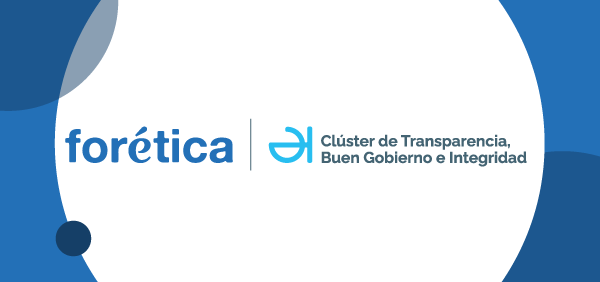

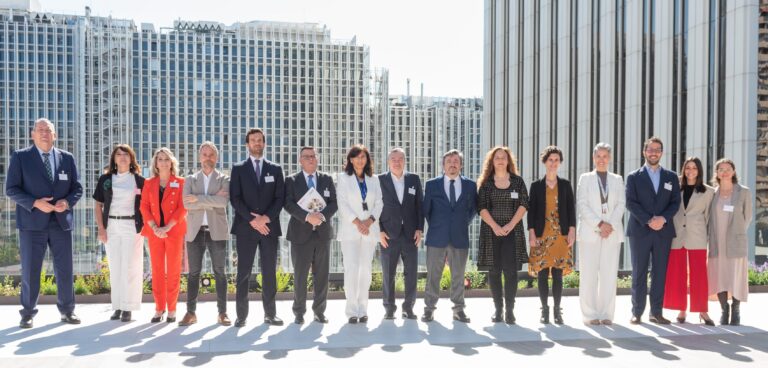
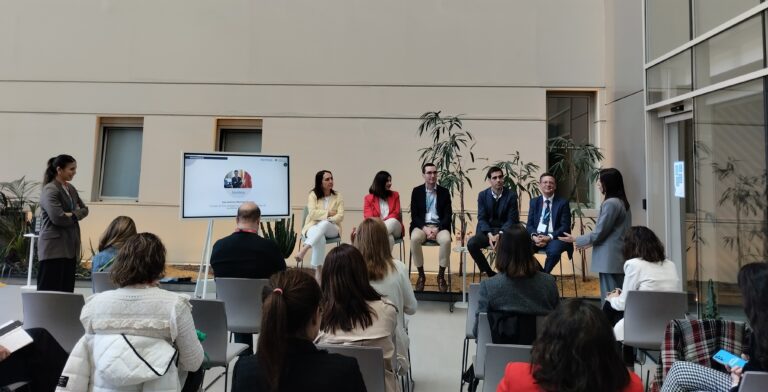
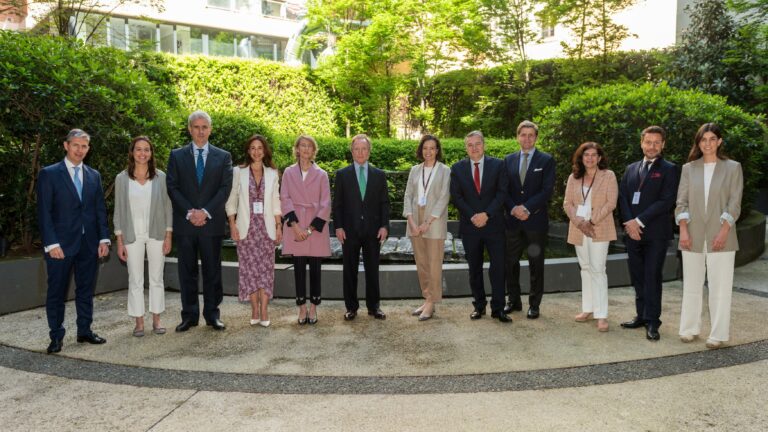
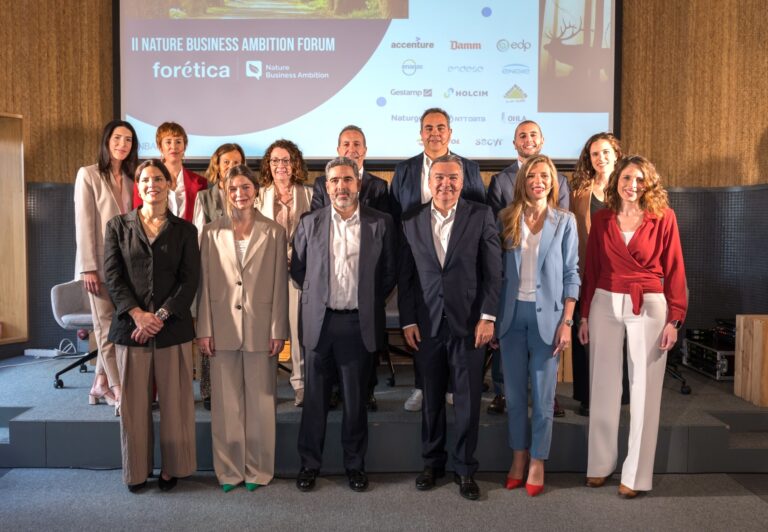
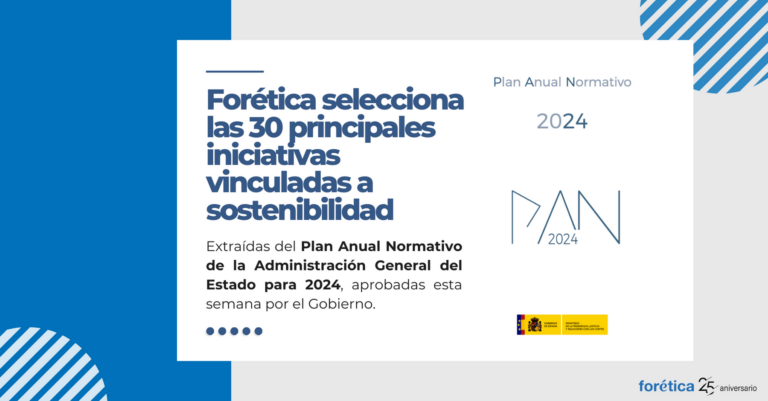
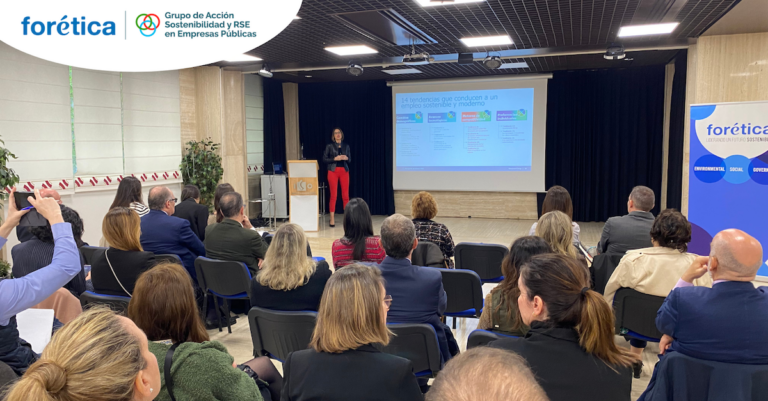

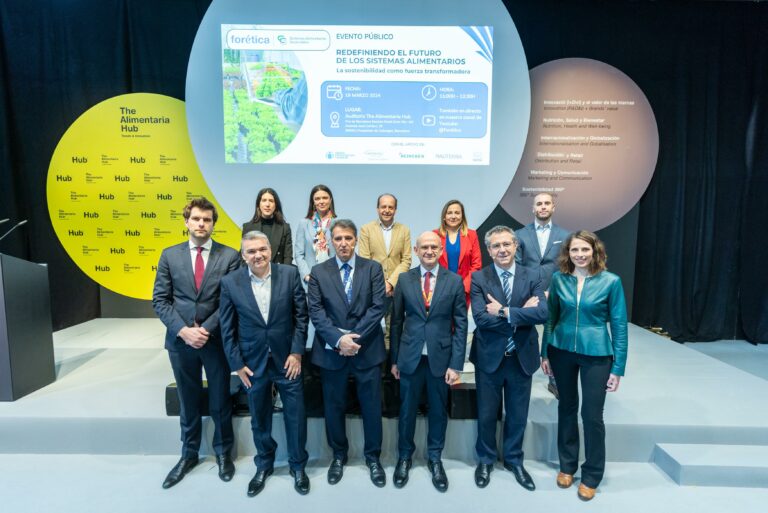



Déjanos tu comentario